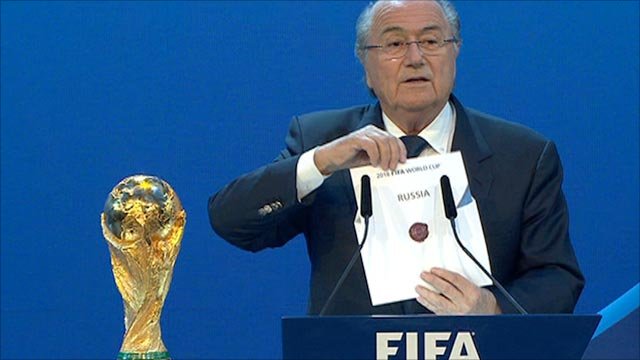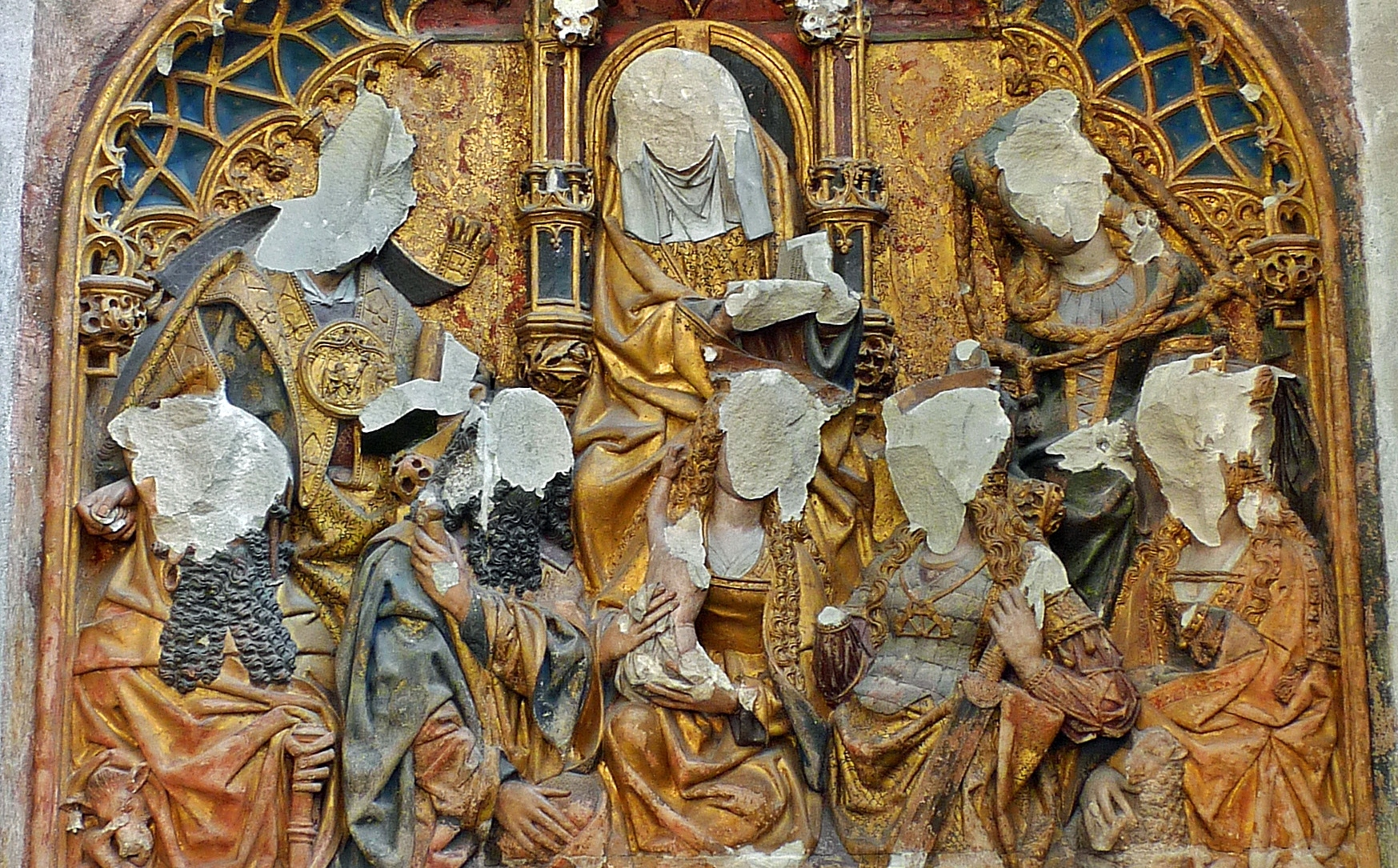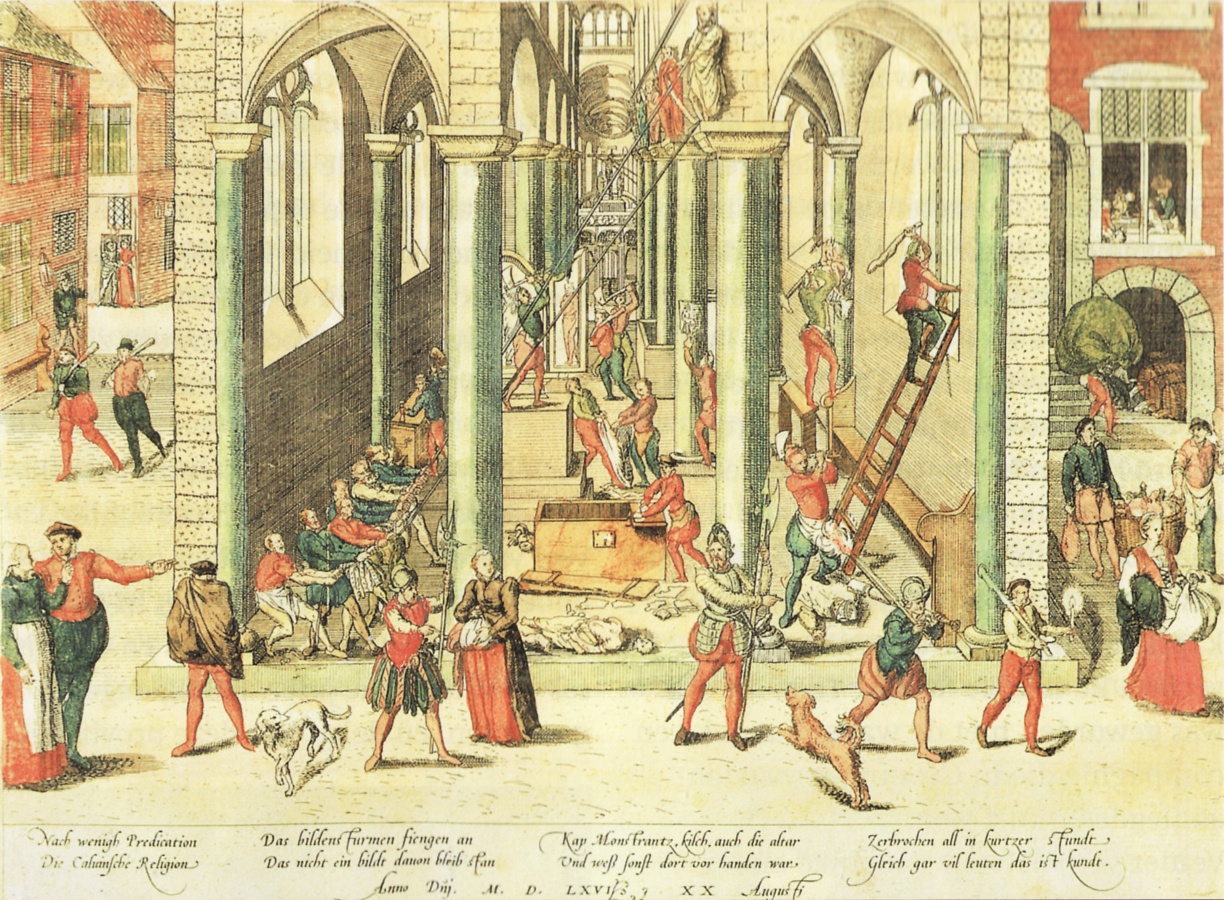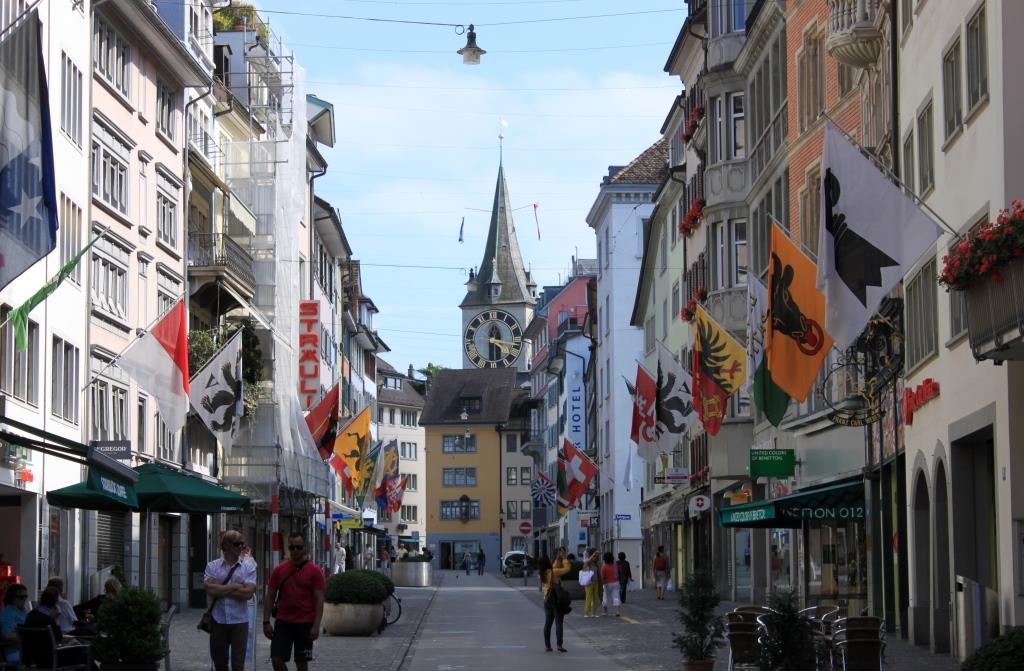Vladimir Putin made a good point in his condemnation of the indictment of 14 FIFA officials by the US Department of Justice this week: is this any of their business? Yes, FIFA is a corrupt organization. Yes, many members of FIFA’s all-powerful Executive Committee have been implicated in a number of corruption scandals. Yes, Putin has skin in the game because Russia was awarded the 2018 World Cup as part of a rigged dual bidding process in 2010 that also gave Quatar its controversial 2022 World Cup–a process that allegedly took corruption to a much higher level and that now is under investigation. Furthermore, given his aggressive and deceptive policies against sovereign nations formerly in the Soviet orbit, Putin is not a likely candidate to occupy the moral high ground in issues other than riding topless through the Siberian tundra.

FIFA President Sepp Blatter in 2010 disclosing Russia and Qatar as hosts of the 2018 and 2022 Word Cups (BBC News)
Yet, Putin makes a point worth exploring. Here is what Putin said about the arrested FIFA officials: “They are accused of corruption – who is? International officials. I suppose that someone broke some rules, I don’t know. But definitely, it’s got nothing to do with the USA. Those officials are not US citizens. If something happened it was not in the US and it’s nothing to do with them. It’s another clear attempt by the USA to spread its jurisdiction to other states. And I have no doubt – it’s a clear attempt not to allow Mr Blatter to be re-elected as president of Fifa, which is a great violation of the operating principles of international organisations.”
Let’s look at Putin’s argument in a reversed order. So how do international organizations work? They are incorporated in the country where they are based. FIFA is incorporated in Zurich, Switzerland, as a tax-exempt “Verein”–a club or association–with few financial reporting requirements. Except that there balance sheet has a few more digits than that of the local stamp collector club. De facto, FIFA operates like a large global, post-national corporation even though its members are continental and national federations. It has become a money-making machine even though on paper it is just a non-profit club. So the legal structure within which FIFA operates is woefully inadequate for the kind of business it does.
The next question is: if FIFA really is so corrupt, and not even Putin denies this, why would the host country, Switzerland, not investigate FIFA and bring charges? For starters, corruption per se is not a crime under Swiss law. If corruption leads to unfair competitive practices, this can be prosecuted under the Unfair Competition Act. (Ironically, the Swiss parliament currently is considering the implementation of an anti-corruption statute which actually may make a difference in the future.) This is one reason why over two dozen major international sports organizations, including the International Olympic Committee, are based in Switzerland. (Other reasons are reliable and secretive financial services, an excellent transportation infrastructure, a pleasant environment, and good shopping for their wives.) They have created a culture of collusion with Swiss authorities who are going easy on these organizations in return for them doing business in Switzerland. Switzerland sees the presence of these organizations as a source of soft power–a small state specialty the Swiss are proud of. There are cases of Swiss authorities backing off when the organization under scrutiny threatened to leave the country. In short, the Swiss authorities never would have investigated FIFA on their own, particularly as the FIFA president, Sepp Blatter, is a Swiss national.
There is a striking over-representation of small states in the Executive Committee, FIFA’s governing body. This is part of the FIFA system. The Cayman Islands, for instance, did nothing to investigate Jeffrey Webb, one of the vice presidents who now is suspended. It is not in the interest of small states to investigate its citizens who sit on important international boards and thus give their countries outsized influence. Of the seven FIFA officials arrested in Zurich this week, six represent small states. And then there is Teflon Sepp, the FIFA president, who so far miraculously has escaped prosecution. It is instructive, in this context, that the US has taken Chuck Blazer, its own corrupt FIFA official, out of circulation. He now is an informant for the US government.
This brings us back to the original question: what business of the U.S. is it? The indictments were brought under the Racketeer Influenced and Corrupt Organisations Act (RICO) of 1970. This implies that FIFA is treated as a Mafia-like criminal organization. As long as just one aspect of the crime, like wire fraud, originates in the U.S., the entire web of crimes can be prosecuted under U.S. law. This hook allows U.S. authorities to go after crimes that were largely committed abroad. The hook here is the Confederation of North, Central America and Caribbean Association Football (CONCACAF), a regional FIFA suborganization, that is based in Miami. Not surprisingly, most of those indicted are indeed associated with CONCACAF.
This type of aggressive extraterritorial jurisdiction is mostly seen with great suspicion and contempt in other countries as it tends to show U.S. authorities as overzealous, overbearing and overreaching–even though soccer fans would be glad to make an exception here. Over the years, such extraterritorial prosecutions often are directed against small states and its citizens. A good example is the U.S. pursuit of Nazi Gold in Switzerland in the 1990s–at a time when Swiss neutrality no longer was of use to the U.S. So the question remains if the U.S. prosecution really will be able to uproot FIFA corruption. The fact that Blatter himself was not indicted makes me think that it won’t. And the other question is how long it will take for small countries to feel trampled by this very assertive U.S. prosecution. So far, authorities in Switzerland have cooperated–hence the Zurich arrests. But it is unclear how long they will. Ironically, then, the solution may have to come from within FIFA, as Blatter himself demanded today. What Blatter can’t see is that this only has a chance of working without him as president.



